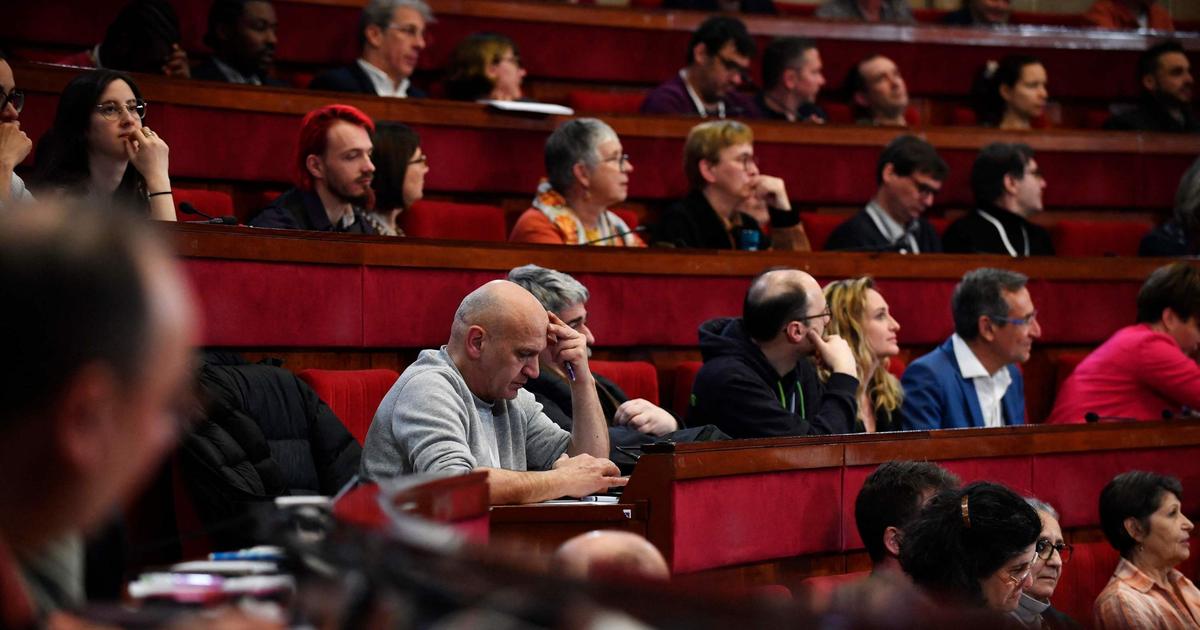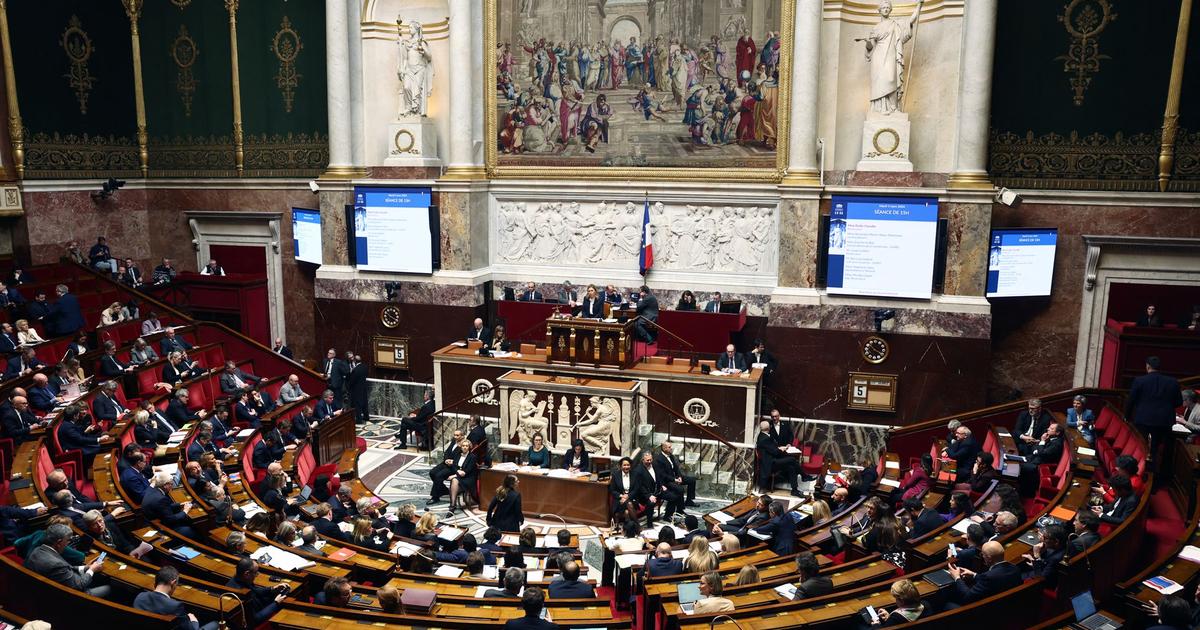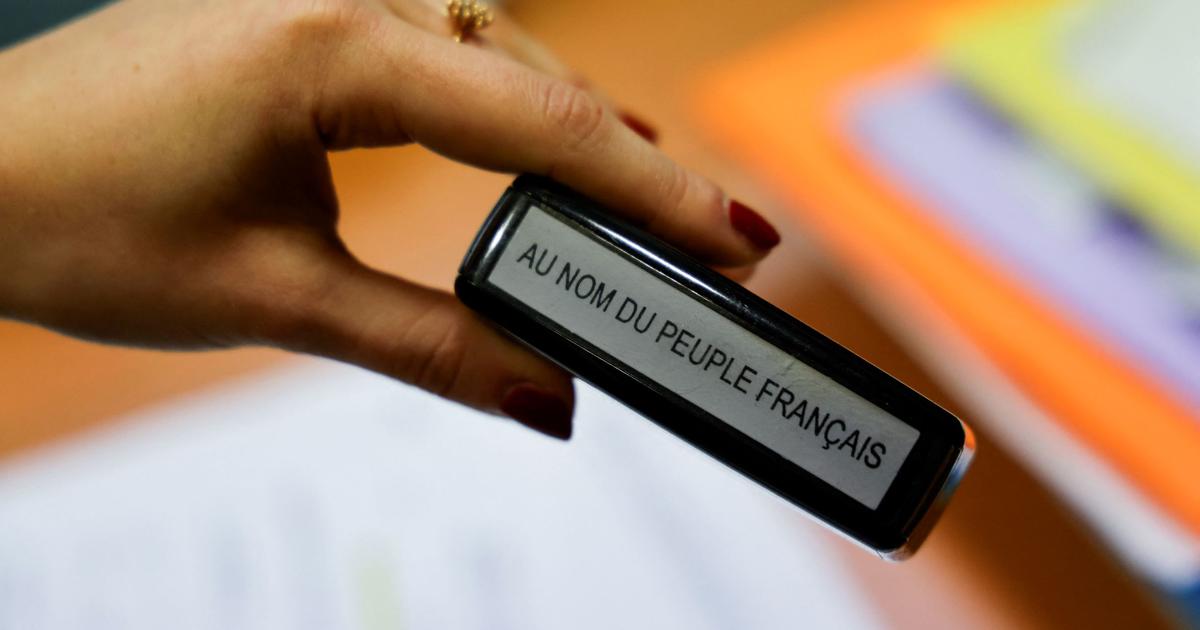Damien Le Guay is a philosopher, specialist in ethical issues. He notably published
When euthanasia will be there
(ed. Salvator, 2022).
The citizens' convention has just submitted its final report on April 2.
We feared the worst.
We have an acceptance of the principle of euthanasia and assisted suicide, but with nuances as to the methods of application.
Does this mean that this report is moderate?
No on general acquiescence.
The worst is there.
Yes on the means to implement this so-called “active assistance in dying” (AAM) - which is a pleasant understatement that hides modalities of different ways of giving death.
Margins of discussion are possible.
As always, when you leave the general for the real, everything is more complex, more difficult, more contradictory.
To give oneself assurance is one thing;
administering a lethal solution is another.
It is in this gap that everyone is able to make differences in
approach – which are sometimes gigantic.
This is how the said convention, shaken internally by different sensitivities, distinguishes no less than nineteen different approaches to AAM.
An important but non-majority approach (40% of the Convention) makes euthanasia a care when another rather minority (28%) is favorable to assisted suicide and to an exception of euthanasia.
The entire Agreement seeks to frame this AAM to prevent it from experiencing the abuses observed elsewhere.
Is it possible ?
euthanasia treatment when another fairly minority (28%) is in favor of assisted suicide and an exception of euthanasia.
The entire Agreement seeks to frame this AAM to prevent it from experiencing the abuses observed elsewhere.
Is it possible ?
euthanasia treatment when another fairly minority (28%) is in favor of assisted suicide and an exception of euthanasia.
The entire Agreement seeks to frame this AAM to prevent it from experiencing the abuses noted elsewhere.
Is it possible ?
Read alsoMatthieu Rougé and Raphaël Enthoven: "Is life sacred?"
But above all, thwarting the sewn-in intentions of the initiators of this Convention, the said convention wanted to broaden the question posed to it.
It provides massive support for palliative care and wants an enforceable law for palliative care to be put in place.
Budgets have been lacking for years.
The means are insufficient.
The State is failing, despite the beautiful promises rich in ambition but stingy in financial means.
A healthy start is absolutely necessary for palliative care.
This convention, in a civic awareness, insists on the imperative need to provide the means for an active palliative solidarity.
We welcome all the measures requested to say loud and clear the fundamental importance of this support at the end of life, which makes the
Let us remember the beginning of the Convention when people came to “promote” assisted suicide in Switzerland and euthanasia in Belgium, without discussion or debate.
Damien LeGuay
That said, the core of the Convention's report deals with “active assistance in dying”.
How could it have been otherwise when everything was made for it?
Let us remember the question asked by the Prime Minister: “
Is the end-of-life support framework adapted to the different situations encountered or should any changes be introduced?
Asking this question in this way leads to a necessary change in the law.
The law as a matter of principle does not take into account all the “
different situations encountered
”.
Let us remember the beginning of the convention when openly, in the very first interventions, people had come to do, without discussion or debate, the "promotion" of assisted suicide in Switzerland and
Read alsoMichel Houellebecq: “Euthanasia, welcome to the inhuman world of Green Sun!”
This partiality of the debates posed a problem.
Let us remember the politicians, like Alain Clayes who came to present “his” law, although openly in favor of euthanasia.
Let us remember the President of the National Assembly, Mrs. Braun-Pivet, who made no secret of the fact that she would take into account the opinion of the Convention if it were in favor of a change.
Despite this, a sense of distinctions and complexity arose in an effort of collective intelligence.
So much the better.
It must be said that this convention is a strange exercise of a parallel democracy endowed with problematic legitimacy.









